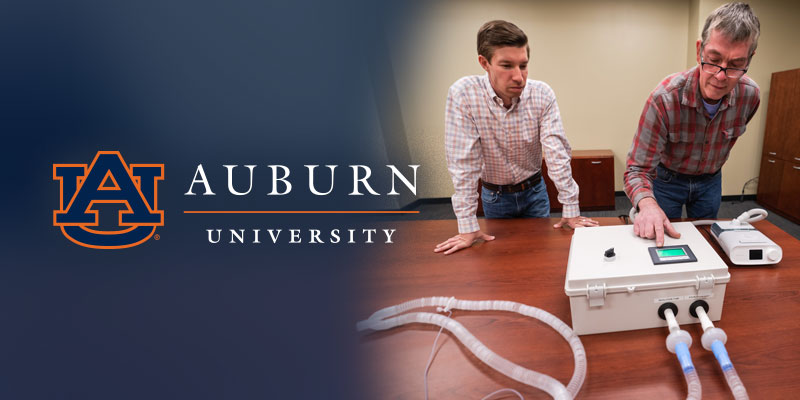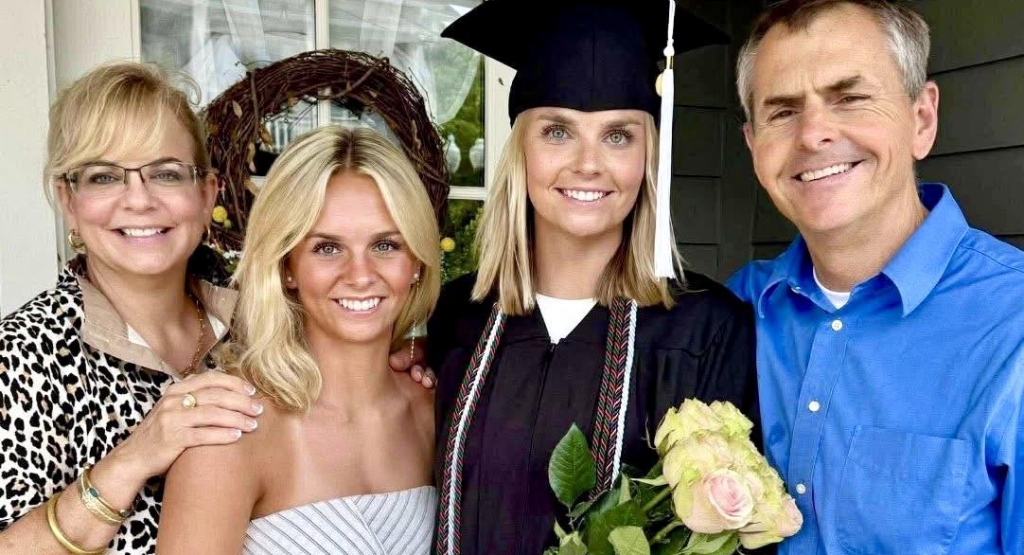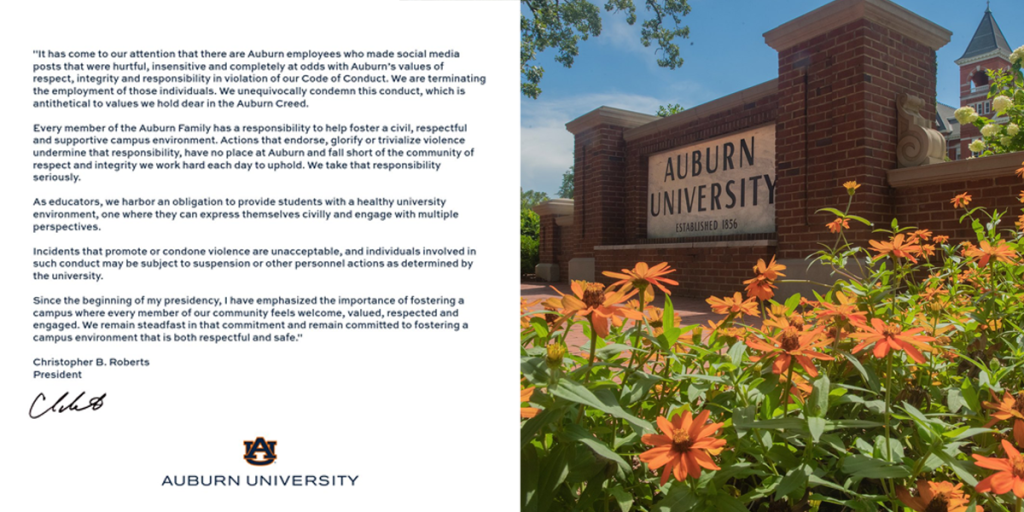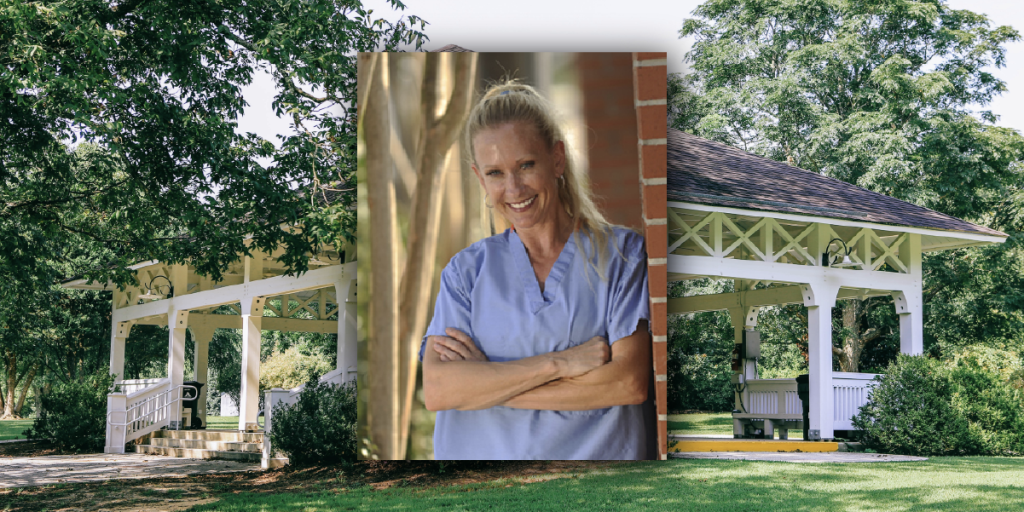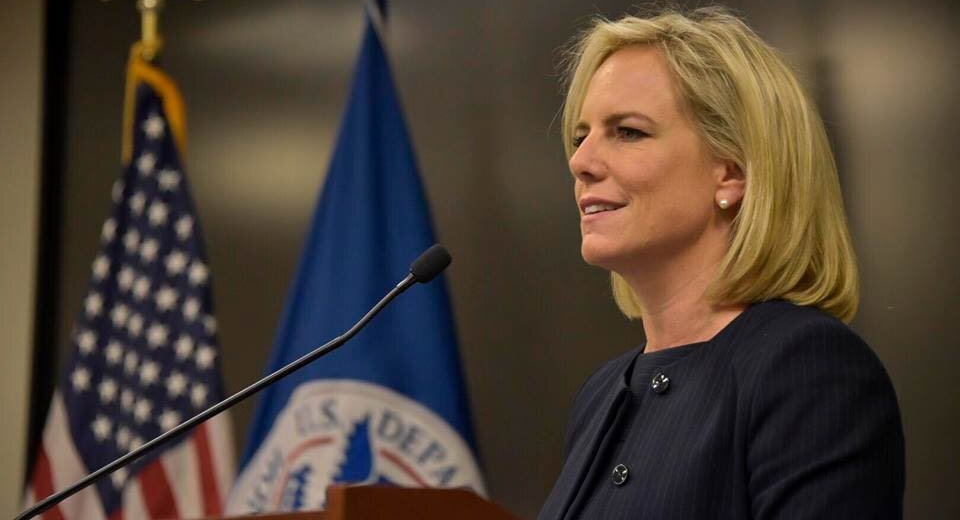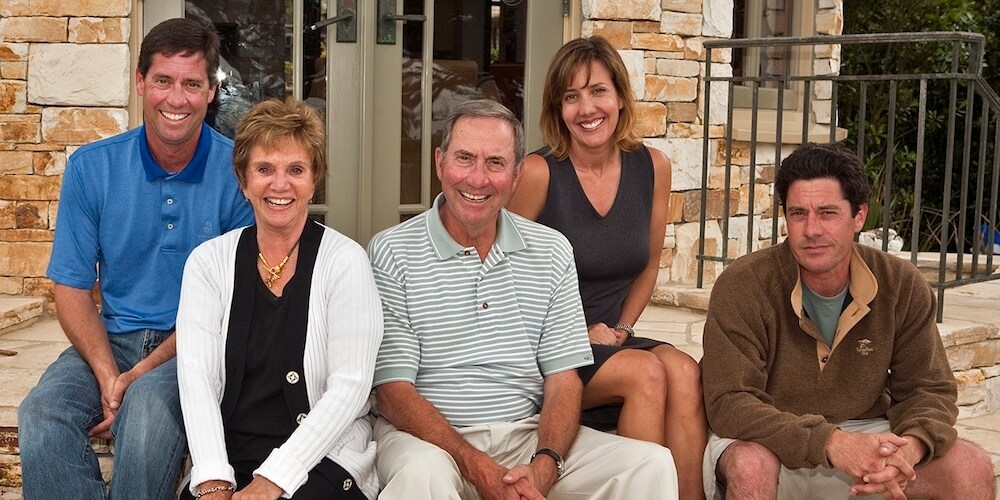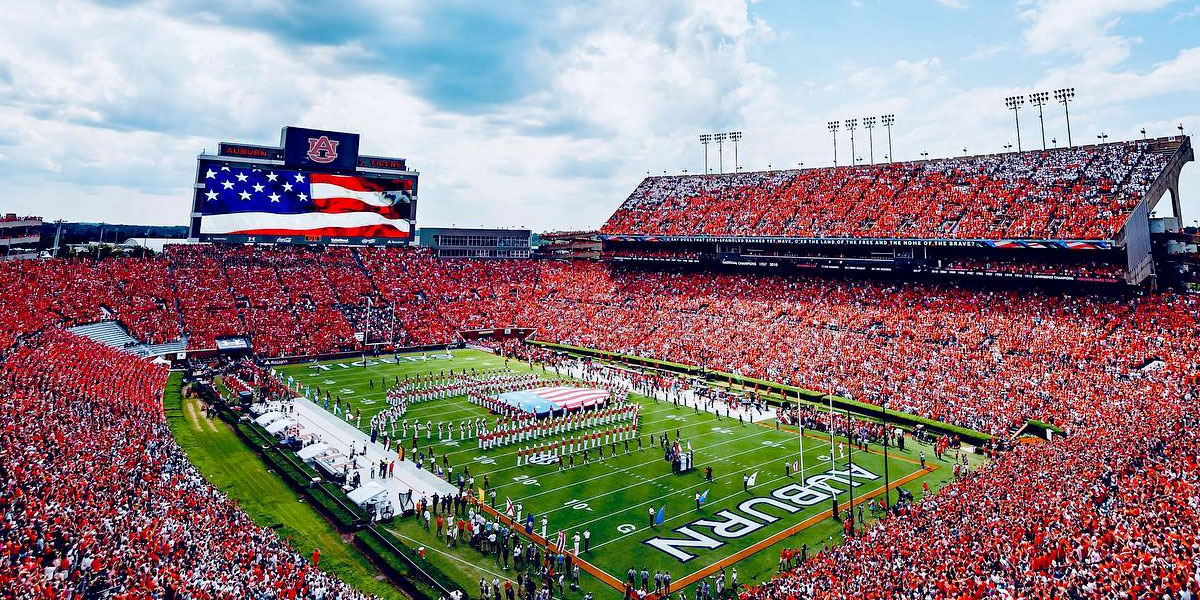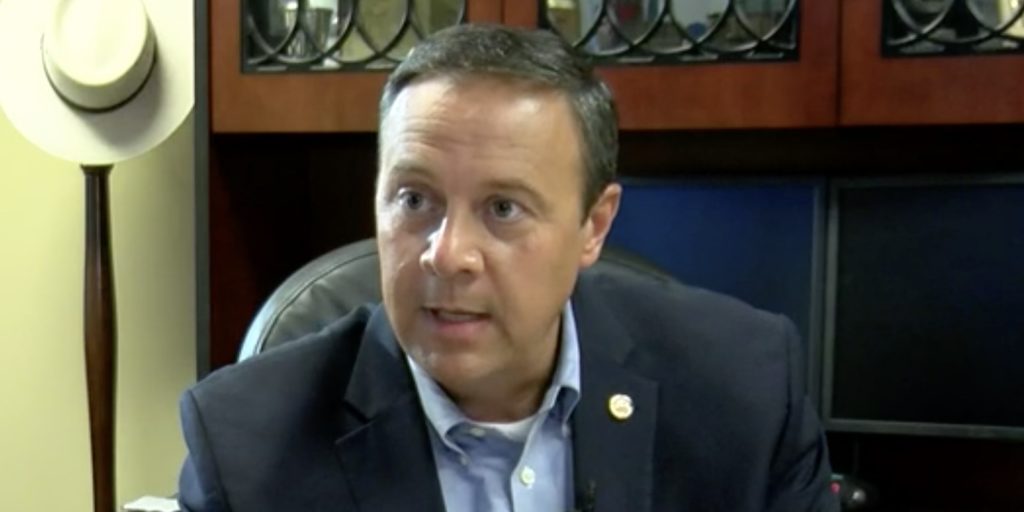A group of Auburn engineers has developed a way to quickly and inexpensively convert CPAP machines into ventilators, one of the most important tools hospitals have for helping COVID–19 patients.
Continuous positive airway pressure, or CPAP, machines are commonly used to help people with obstructive sleep apnea breathe more easily during sleep. The Auburn design, called RE-INVENT, is an accessory that would safely repurpose a CPAP into a functional ventilator.
Ventilators are in short supply at hospitals across the nation as the number of patients requiring respiratory assistance due to COVID-19 rises.
Tom Burch and Michael Zabala, faculty in the Samuel Ginn College of Engineering’s Department of Mechanical Engineering, and Hayden Burch, a sophomore in mechanical engineering, initiated the project. Additional engineering faculty and alumni helped refine the mechanical design, control system, user interface and alarms. Critical respiratory care medical professionals contributed to the design of RE-INVENT.
“What started as pure intellectual curiosity quickly grew into an emotional race against time to potentially save lives,” said Zabala, an assistant professor. “We wanted to know if we could design a solution to solve the ventilator shortage problem.”
The RE-INVENT team focused on a design that would reliably ventilate a patient for an extended period. They also considered affordability and ease of manufacture given the urgent, national need for ventilators. The device can be assembled in as little as four hours using approximately $700 in readily available component parts in addition to a standard CPAP machine. A ventilator typical in many hospitals costs as much as $25,000, often more.
“I use a CPAP machine, and it does 90 percent of what a ventilator does,” said Burch, who initially proposed incorporating continuous positive airway pressure into the RE-INVENT design.
“These are difficult times,” he said. “Everybody who understands the gravity of the situation wants to do something to help, so it feels good to think you’ve helped with something that may have an impact.”
Auburn officials are exploring options for sharing the design with health care providers and potential manufacturers. The U.S. Food and Drug Administration has provided guidance to health care providers that may allow them to use RE-INVENT to help increase the availability of ventilators and other respiratory devices during the COVID-19 pandemic.
Health care providers interested in collaborating with the Samuel Ginn College of Engineering during the current public health emergency can learn more online about RE-INVENT.
(Courtesy of Auburn University)




